
Özgü Hafizoglu
Analogy is an essential tool of human cognition that enables connecting two systems with causal relations and essential to learning, to innovation and to discovery. Previous research in analogy has focused primarily on the role of analogy in creative domains. In literature there is lack in understanding different personality type’s use of analogy and the way how they think, act and react in a design process and in teamwork. This paper aims to explore and develop how to improve design processes and effective design problem solving strategies by involving different personality types in the various steps of design process. This is a study where cognitive science will be applied in design research to improve design process methods. The study aims to make a contribution to collaboration in analogical design process by investigating the interaction among three factors: personality types, execution of problem solving steps and the creative solutions achieved. An experiment is conducted to understand how designers with different personality types differ from each other in the way they execute each step of a problem solving process for a given design task. Participants will take part in the experiment consisting of three tasks: retrieval of source information, mapping, transferring and adapting the whole information selected and evaluating the final solution achieved. In individually executed analogical problem solving process, differences between personalities will be analyzed.
Fields of Expertise:
Get Access to the 1st Network for European Cooperation
Log In
or
Create an account
to see this content
Cognitive Strategies of Daily-Life Problem Solving; Differences between Enneagram Personality Types
Start Up
Human Sciences
Business Development
Fellowship
Psychology
4 years ago
International Cooperation
Human Sciences
Project Development
6 years ago



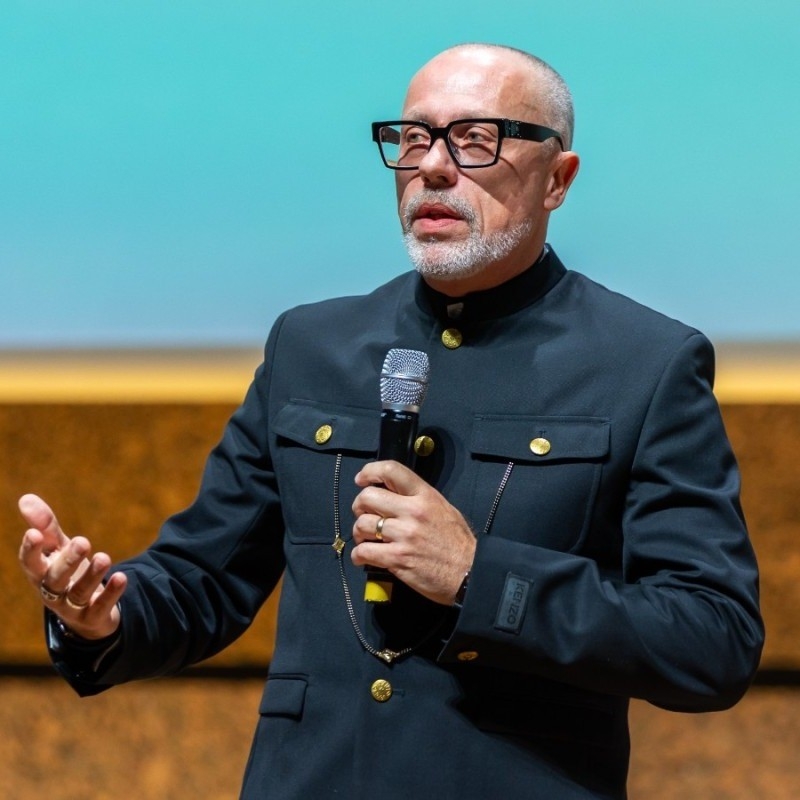
















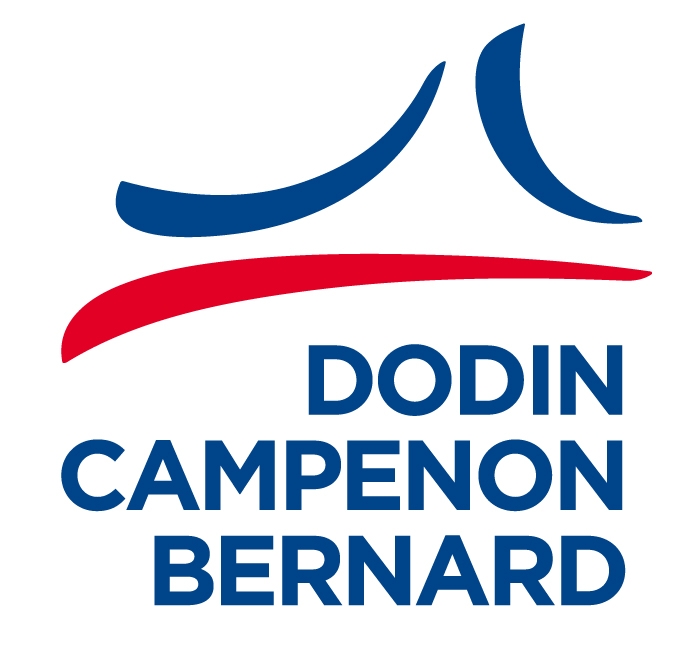












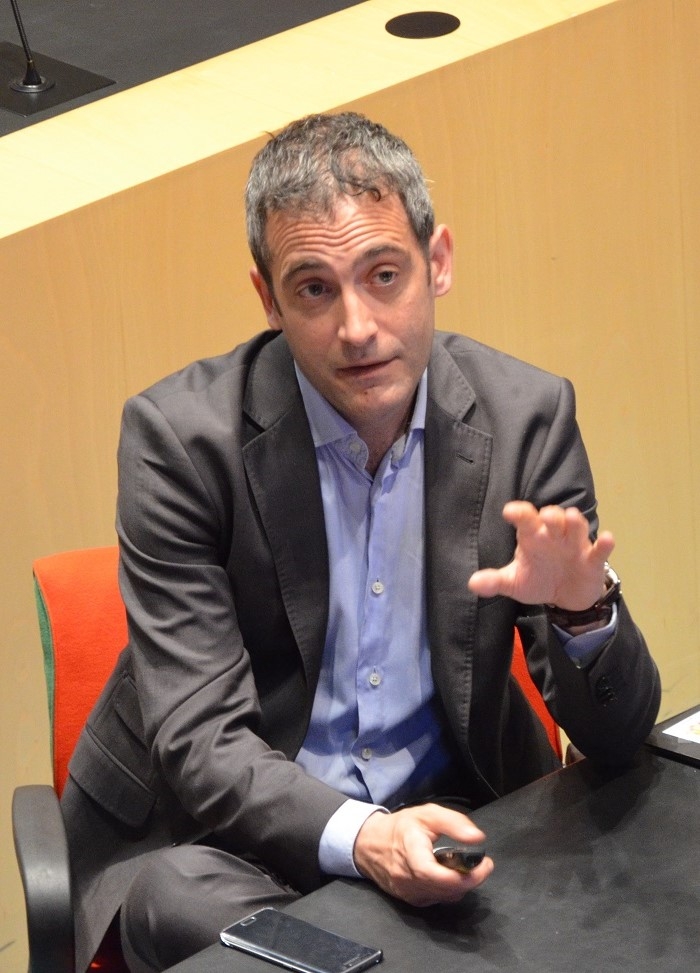














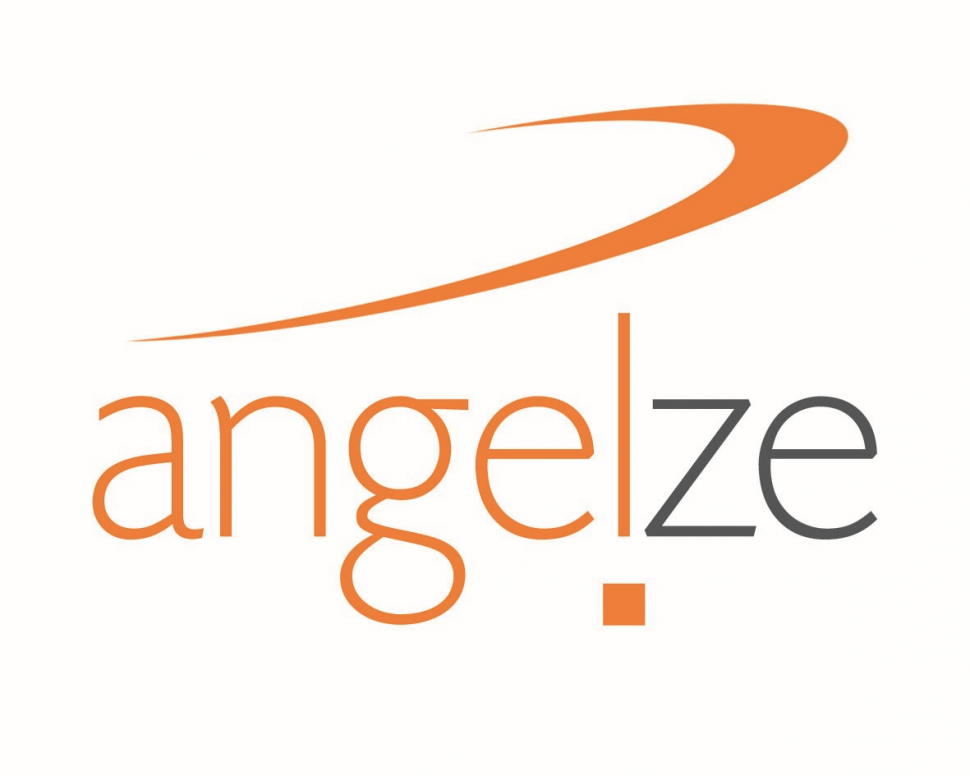






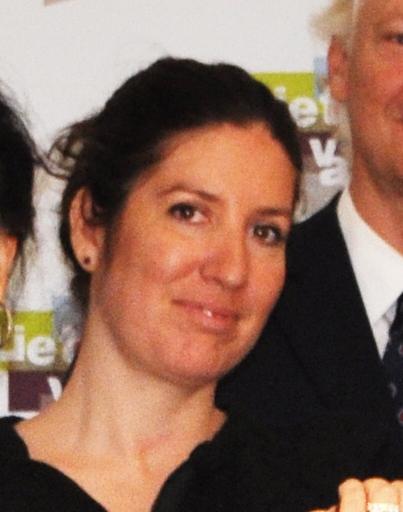

Please Log In to See This Section